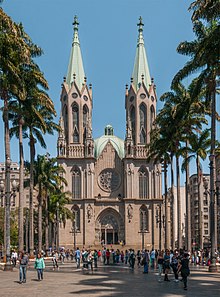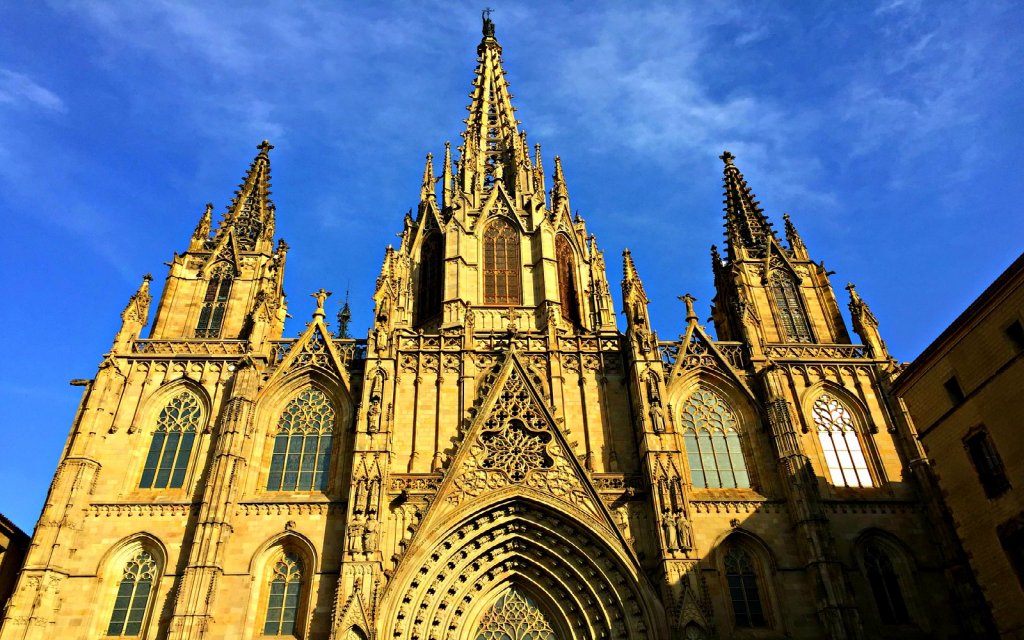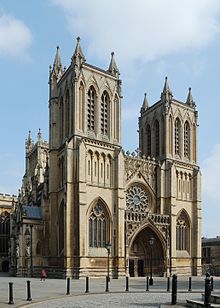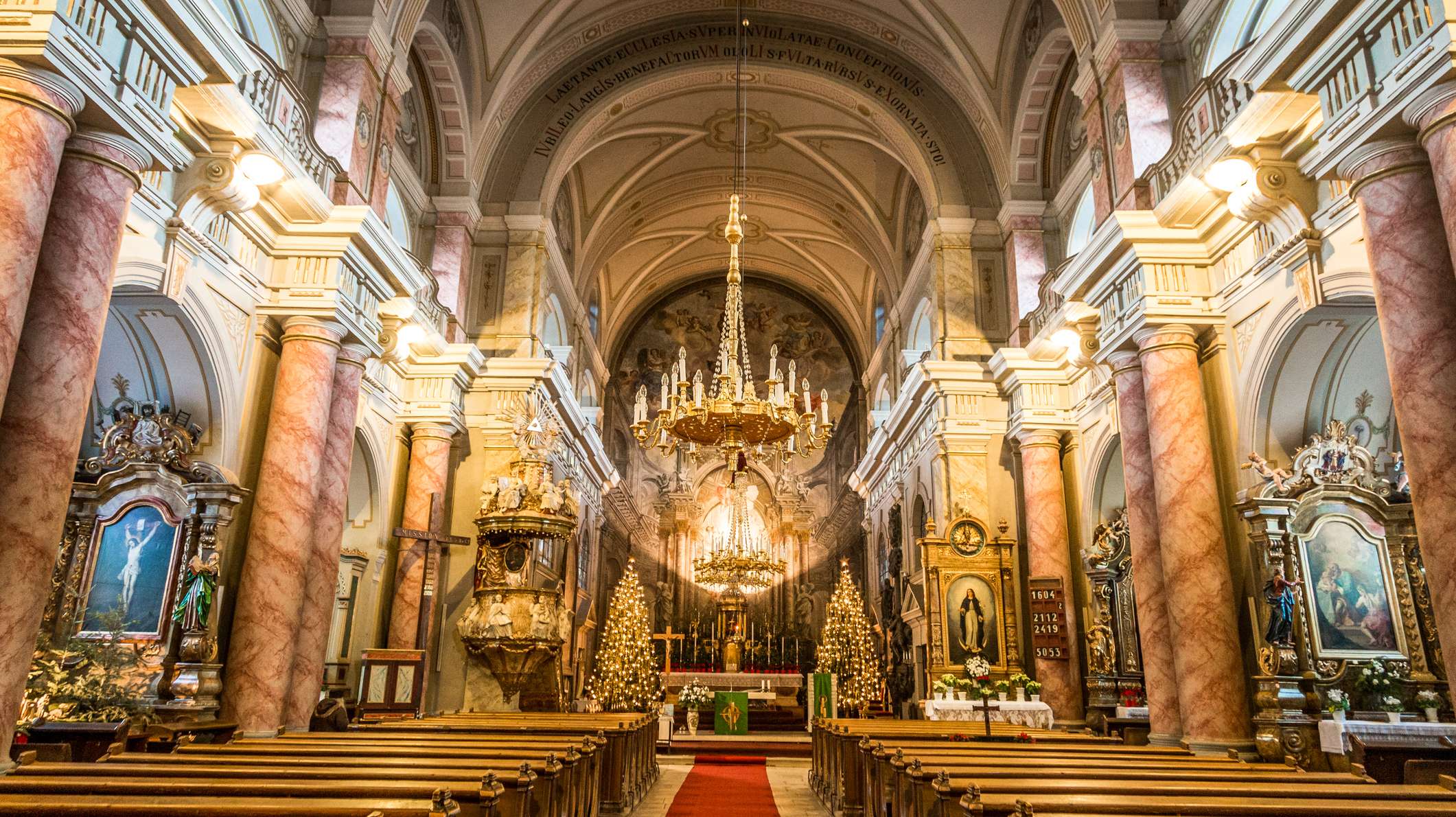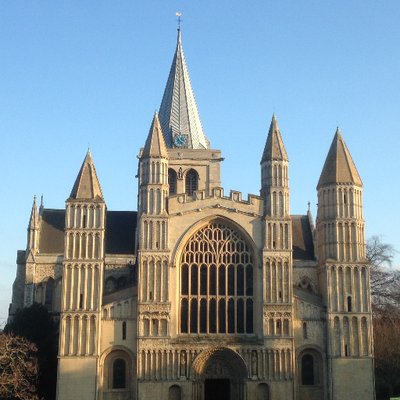
noun
- the principal church of a diocese, containing the bishop’s throne.
- (in nonepiscopal denominations) any of various important churches.
adjective
- pertaining to or containing a bishop’s throne.
- pertaining to or emanating from a chair of office or authority.
noun
-
- the principal church of a diocese, containing the bishop’s official throne
- (as modifier)a cathedral city; cathedral clergy
1580s, “church of a bishop,” from phrase cathedral church (c.1300), partially translating Late Latin ecclesia cathedralis “church of a bishop’s seat,” from Latin cathedra “an easy chair (principally used by ladies),” also metonymically, e.g. cathedrae molles “luxurious women;” also “a professor’s chair;” from Greek kathedra “seat, bench,” from kata “down” (see cata-) + hedra “seat, base, chair, face of a geometric solid,” from PIE root *sed- (1) “to sit” (see sedentary).
It was born an adjective, and attempts to cobble further adjectivization onto it in 17c. yielded cathedraical (1670s), cathedratic (1660s), cathedratical (1660s), after which the effort seems to have been given up.
A Christian church building in which a bishop has his official seat (cathedra is Latin for “chair”). A cathedral is usually large and imposing, and many cathedrals are important in the history of architecture. (See Chartres, Notre Dame de Paris, and Saint Paul’s Cathedral.)
A church building in which a Christian bishop has his official seat; cathedra is Latin for “chair.” Cathedrals are usually large and imposing, and many have been important in the development of architecture. The building of a cathedral, especially in the Middle Ages, was a project in which the entire town took part. (See Chartres; Notre Dame de Paris; and Saint Paul’s Cathedral.)
 Liberal Dictionary English Dictionary
Liberal Dictionary English Dictionary
